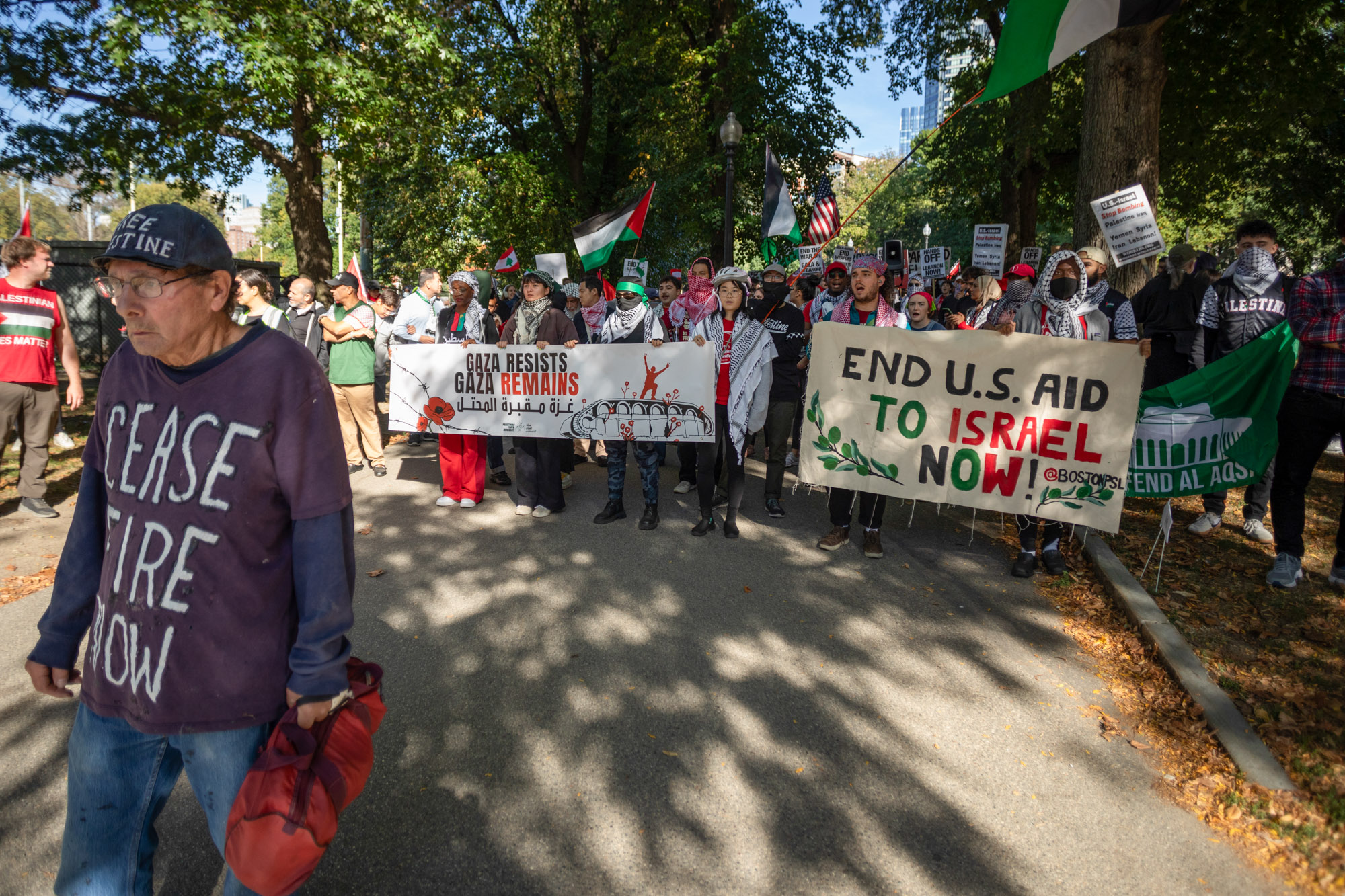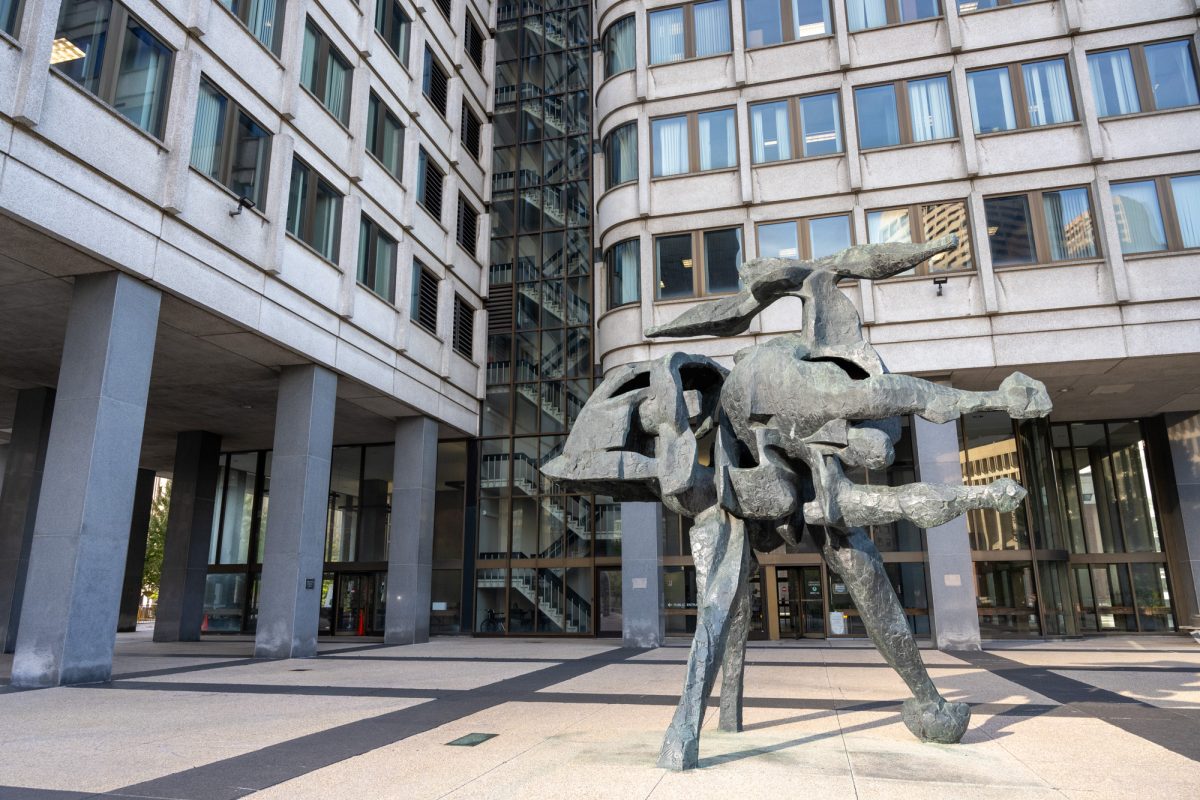As a ceasefire between Hamas and Israel began in Gaza on Jan. 19, halting 470 days of warfare, New England leaders and organizations are responding with mixed thoughts.

The deal contains three phases, with the first phase beginning Jan. 19 with the release of three Israeli hostages. Expected to last six weeks, Hamas will release 33 Israeli hostages at regular intervals in exchange for Palestinian prisoners and increased humanitarian aid.
Three women — Romi Gonen, Emily Damari and Doron Steinbrecher — were released to Red Cross authorities on Jan. 19, surrounded by hundreds of armed Hamas fighters who waved Kalashnikov rifles.
Rabbi Shmuel Posner, one of the program directors of Boston University Chabad, said he believes it is Israel’s “obligation” to defend itself.
“You go to war against an enemy to destroy the enemy,” Posner said. “If somebody attacks your country, the government’s responsibility is to make sure that those attackers are not able to do that again.”
Jeff Klein, a board member of Massachusetts Peace Action, a nonprofit working on developing peaceful U.S. foreign policy, said he has “no doubt” the Palestinian side intends on a longer peace.
On the other hand, Klein said he believes the Israeli side does not intend on a longer peace unless they receive “strong pressure” from the U.S. government.
“In theory, Israel has to prolong the ceasefire and ultimately end the war,” Klein said. “But Netanyahu and some of the Israelis … have been claiming publicly that there’s not going to be any phase two, and they’re going to resume the bombardment of Gaza.”
Klein said the current ceasefire deal is similar to a proposal by Former President Joe Biden, which was refused by Israel in May.
“What changed and made them agree now was the intervention of Trump,” Klein said. “They finally met with someone who was willing to be tough.”
During a Jan. 7 press conference at Mar-a-Lago, Trump threatened “all hell will break out” if the Israeli hostages held in Gaza by Hamas were not returned.
Robert Leikind, the director of American Jewish Committee New England, said he is “skeptical” Hamas will hold up its end of the deal.
“They have incentives to continue to keep this process active,” Leikind said. “Hamas will want to do what it can to assert control over the area and reestablish itself.”
Leikind said he thinks if Hamas retains its control on Gaza and its politics, it will be “difficult” to move towards peace.
Similarly, Klein said that for peace to be sustainable, the Palestinian people must have the ability to govern themselves.
“In the long run, there will never be an enduring peace in Israel and Palestine and the Middle East unless the Palestineans are allowed some form of self determination,” Klein said.
The next set of discussions are set for Feb. 4, where both parties are expected to finalize details of the second phase of the ceasefire.
















































































































Lisa • Jan 23, 2025 at 11:03 am
I think WARY was the word you wanted in the title.